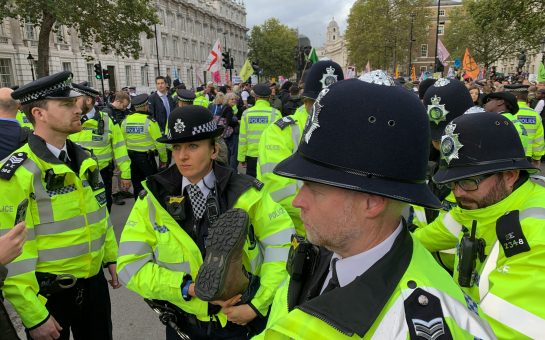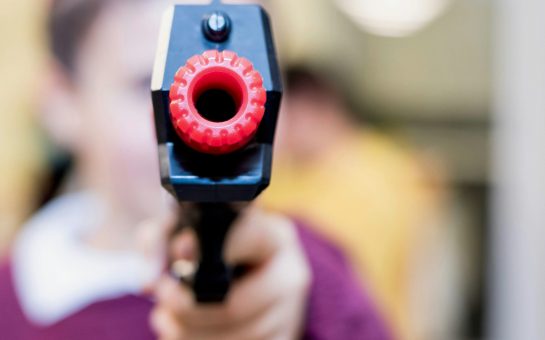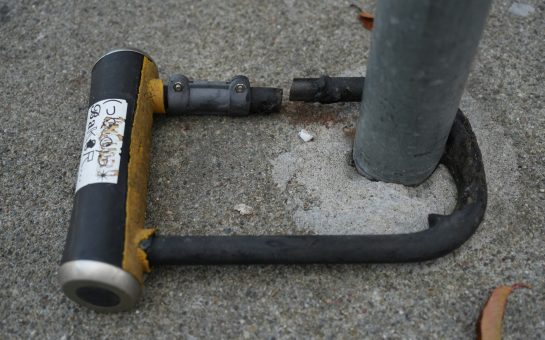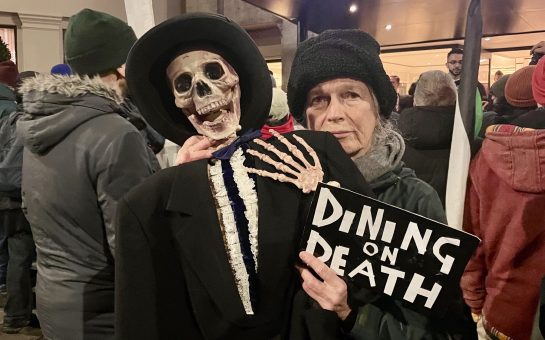‘Reclaim the Night’ marches began as a means for women to reclaim autonomy and space stolen from them by fear and violence, by uniting against those pressures.
Stemming from Philadelphia’s ‘Take Back The Night’ movement of 1975, the marches were a way for women to protest gendered violence without fear of prosecution.
The UK movement first gathered momentum after Peter Sutcliffe’s serial killing of sex workers around Leeds, and the lack of awareness from law enforcement and the media.
But when Sutcliffe, known as the ‘Yorkshire Ripper’ began murdering young student women, the police heightened their response and warned women against going outside in the dark.
Al Garthwaite, a Labour councillor who was involved in starting the movement almost 40 years ago told the BBC: “It was about the fear that every woman felt about going out at night, and the behaviour of men, sexual harassment, groping, unwanted touching, comments, that sort of thing.
“The attitudes that were so prevalent at the time were totally blaming the woman, as if the man’s behaviour was not even talked about.”
When, following Sarah Everard’s disappearance on 3rd March, similar police guidance was issued, parallels were drawn between the two events and the movement was reignited.
As well as this, Sarah’s death launched a national conversation about the lack of safety of women and girls in cities across the country, with many sharing their coping mechanisms and techniques.
And, with recent data from UN Women UK’s survey collected by YouGov showing that 97% of women aged 18-24 have experienced harassment in public spaces and only 4% of women reporting incidents to authorities, it appears the conversation is long overdue.
Home Secretary Priti Patel said that almost 20,000 people have responded to the Government as to how they can tackle violence against women and girls.
CEO of domestic abuse organisation Suzanne Jacob told the Evening Standard that society needs to commit to a huge change in thinking, stating: “We’ve all walked faster. Breathed quicker. Held out keys tighter. Yanked at our clothes to cover any bits of skin. Made a pretend phone call. It’s never enough.”
But whilst media attention for the ‘Reclaim the Night’ movement has increased recently, the movement never died.
Instead, it has been continually evolving over the years to meet new demands against rape, sexual harassment and all forms of male violence against women.
Since 2004, London Feminist Network have held an annual march in London, with many other cities, including the movement’s origin city Leeds, continuing to hold protests every year.
And many of these cities paid their respects to Sarah with dozens laying flowers at the University of Leeds’ Parkinson Building and Edinburgh’s Holyrood Castle adorned with ribbons and candles.
Whilst the Clapham Common vigil was originally cancelled by the courts and shut down by the police, a virtual vigil was also held nationally due to Covid-19 lockdown restrictions and concerns.
Featured image credit: Morten Watkins




